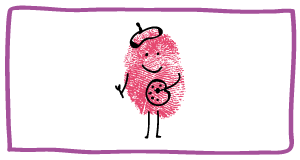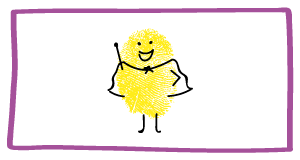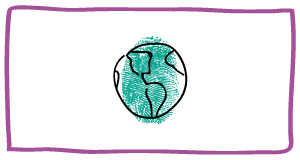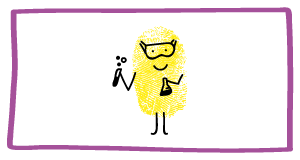Teach UAE pupils how to spot fake news, award-winning study finds
School pupils must be taught skills to identify fake news so inaccurate information is not spread on social media, according to three students’ research findings that won them an award from Sheikh Mohammed bin Rashid.
Rama Hodefa, Dina Fayad and Nesma Alhaj – students of American University of Dubai’s Mohammed bin Rashid School of Communication - won a nation-wide competition for colleges organised by the Emirati Media Forum and were presented with their medals by the Vice President and Ruler of Dubai at the event last week.
Reaching out to young people was key, said Ms Hodefa.
“We put forward practical solutions like workshops for students to train them so they understand which are the real news agencies and news sources that can be trusted. The young can be trained to think in a critical way so they analyse news and are not misled easily by everything they read or see. They can learn to judge real and fake news, understand what is the agenda of different parties who spread fake news to create divisions among people,” she said.
Their research, titled Fake News, also touched on the psychological impact of spreading false information on families and the country using the example of an incident last year when a list of names of college students was wrongly spread on social media as names of soldiers who had died in Yemen.
“We wanted to work on an actual case that happened last year because the people listed were not soldiers fighting in Yemen but college students who were alive. This was aimed to create trouble because people got upset and frustrated that young people were dying. Such propaganda can affect families and the country,” said Ms Hodefa, who added that using that example in the study was not intended to resurrect the case rather identify solutions.
The requirements for the contest were that the paper had to be presented in Arabic and applicants had to research the subject of fake news for about five weeks.
Sourcing the information in Arabic and speaking to a government official for factual information was also part of the challenge.
“This taught me a lot about research because we usually do this in English but it was a challenge to research in Arabic and to interview people in government instead of just depending on the internet,” said Ms Fayad.
“At university we are taught about meeting people and finding the right resources. But other people also need to know how to handle all the information so they don’t just receive, accept the information and spread it on Facebook without knowing if it is true,” she said.
The three scholarship students said the study helped them understand peoples’ immediate instinct to comment on issues they have little grasp over.
“Social media makes people feel they must have an opinion on everything. Fake news has existed for a long time but social media and the quick spread of information has made the problem more complicated. Everyone has an opinion now and everyone has access to social media which was not the case before,” said Ms Alhaj.
“It’s not just teens and students but media platforms that have helped spread fake news. So this is not something that will go away but we can work to minimise the problem by spreading awareness in schools so students don’t accept information without questioning it,” she said.
Dr Mousa Barhoum, an associate professor of communication and information studies, said the issue was key in media and politics with the spread of such news posing a threat to communities and security.
“People also do not distinguish between news and personal opinion. This is the task of the media, state institutions, and control systems, especially on social media, which studies have proved to be the biggest source of fake news, because the nature of those who deal with these sites do not have enough experience, and thus broadcast what they hear and publish as facts. It is false news, aimed at misleading,” he said.






